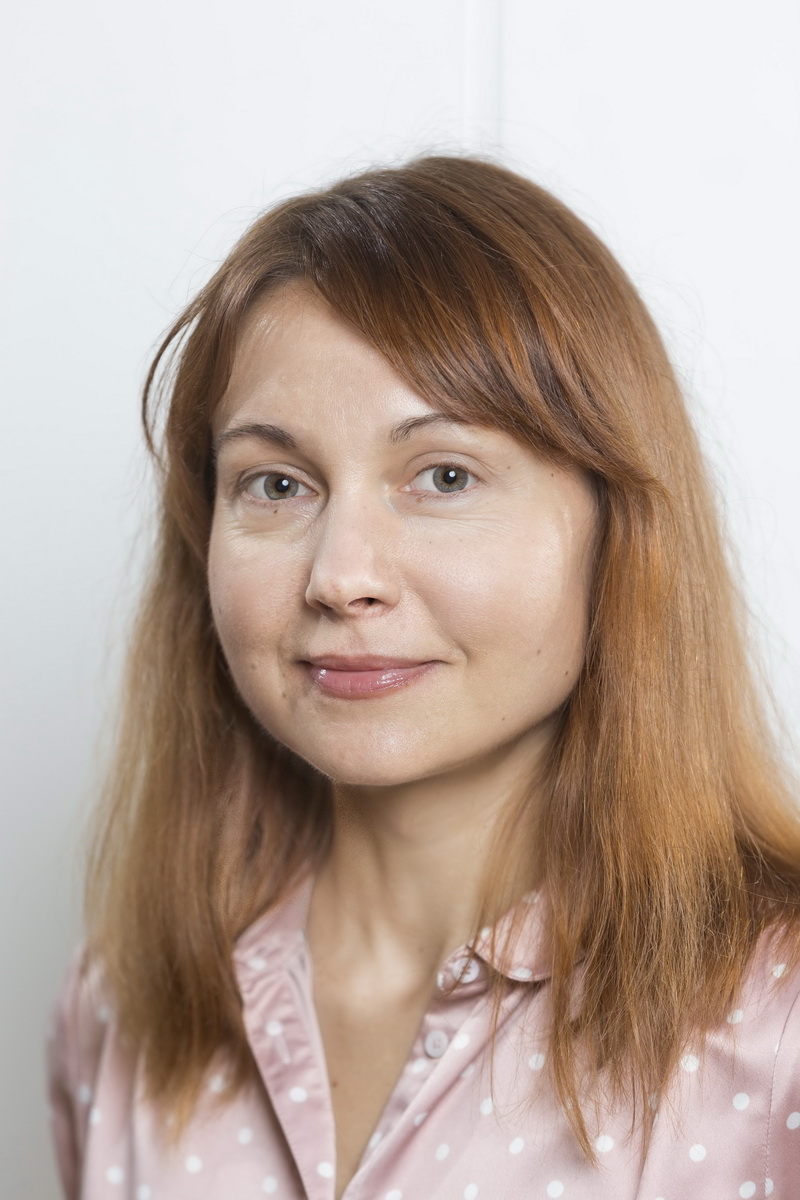Here you can find detailed profiles of DKTK faculty members with programm specification and research focus in the Researcher Database. Find contacts of all DKTK scientists at the DKTK intranet
Researcher Database

Prof. Dr. Anna Dubrovska
OncoRay - National Center for Radiation Research in Oncology, Medizinische Fakultät Dresden Carl Gustav Carus
Händeallee 26
01307 Dresden
Program
Radiation Oncology and Imaging (ROI)
Summary
The cancer stem cell hypothesis proposes that a small cell population called cancer stem cells (CSC) is responsible for tumor formation and metastasis due to its ability to self-renew, differentiate and migrate. Moreover, this population has been implicated to therapy resistance and tumor recurrence. It has been argued that the standard cancer therapy eliminates bulk tumor cells but not a CSC population, eventually leading to relapse. This concept of tumorigenesis suggests that tumors will not recur if no CSC had survived, and therapies that also target CSC populations may lead to more effective cancer treatments. Biomarkers that are deregulated in CSC are of special interest because they not only serve as potential targets in cancer therapy but also may be used to predict treatment outcome. The number of CSC and their intrinsic determinants of radiosensitivity vary between tumors affecting their radiocurability. Therefore, CSC-associated markers are an example of predictors for radiocurability that can be prospectively used for individualized tailoring of treatment. Emerging high throughput screening technologies employing functional cell-based approaches, comprehensive genomic and proteomic analysis expand our knowledge regarding the role of genes and proteins in the regulation of CSC properties and allow us to develop new predictive biomarkers and therapeutic strategies.
The objectives of our study are:
-Characterization of new CSC-related biomarkers for the development of predictive tests based on CSC density, distribution and sensitivity to therapy.
-Identification of small molecules which can specifically target CSC to restore tumor radio- and chemo responsiveness.
-Understanding the genetic programs and biological processes underlying cancer stem cell biology.